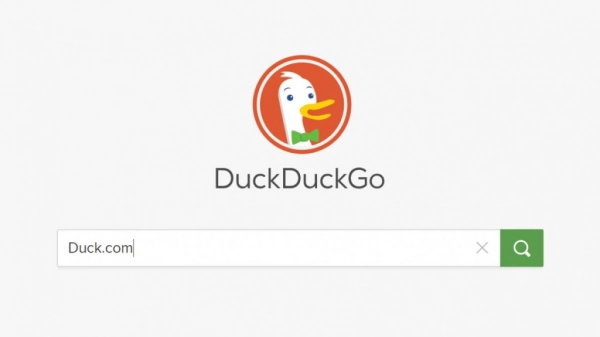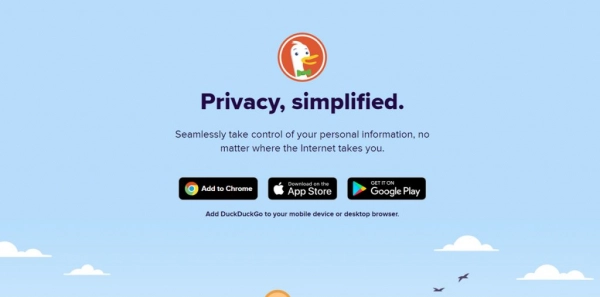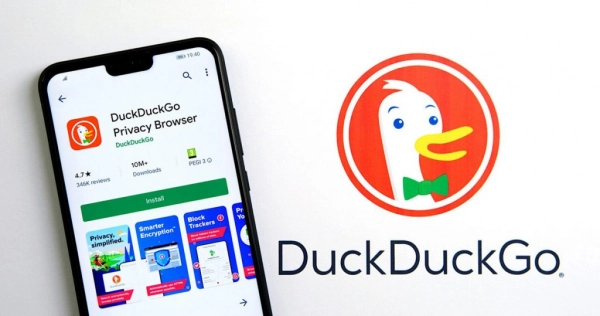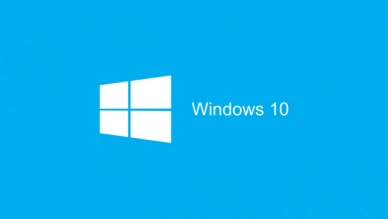DuckDuckGo vs Google: Which Search Engine Protects Privacy Better?
In the digital age, searching for information online has become second nature. Google, with its dominant position, has become the default search engine for millions of users. However, alongside the convenience Google offers, many people are starting to worry about personal information security and are questioning whether there is another search engine that can protect their privacy better. The answer is DuckDuckGo.
What is DuckDuckGo?
DuckDuckGo (DDG) is a search engine that emphasizes user privacy. In an age where digital technology often leads to personal information leaks, causing discomfort for users, DuckDuckGo brings a fresh perspective. If you want a browser that does not track users, DuckDuckGo is a suggestion you should not overlook.

Where is DuckDuckGo from? Who founded it?
DuckDuckGo was first launched in 2008 in the USA by its founder and CEO, Gabriel Weinberg. After understanding user needs and building social networks, Weinberg created DuckDuckGo to ensure user safety in the digital space.

The number of DuckDuckGo downloads and users is increasing. As of January 19, 2021, more than 102 million searches were performed daily on DDG.
How does DuckDuckGo work and make money?
DuckDuckGo claims to have more traditional links in its search results. Some instant answers come from Wikipedia, and most commonly from Bing (a search engine developed by Microsoft).
When users search on DuckDuckGo, DDG's servers help find answers from Bing. Therefore, third parties do not know your IP address or any personal information.
DuckDuckGo is a free browser. To create a sustainable business model, DDG makes money through advertising. However, unlike other search engines, DDG's ads are based on keywords in users' searches. All ads are provided by Yahoo – Microsoft.
Additionally, DuckDuckGo is part of the affiliate programs with Amazon and eBay. If users click on these sites from search results and make purchases, DDG receives a small percentage of the sales. However, during this process, users can be assured that no personal information is transferred to Amazon or eBay.
Can you trust DuckDuckGo?
The developments in recent years have shown that you cannot trust many tech companies with your data. From Facebook selling user data to third parties to Timehop losing personal information of over 21 million accounts, there are many data breach scandals that can put you at risk.
Therefore, it's natural to question why you should trust DuckDuckGo. This platform's focus on privacy and admirable business model is a great starting point, but there are more reasons to trust DDG. If you wonder if DuckDuckGo is safe, these points can reassure you.
1. Privacy Policy
DuckDuckGo's clearly written privacy policy details the minimal information the tool collects.
The key highlight is that DuckDuckGo does not store IP addresses or unique User-Agent identifiers and will only set cookies to save site settings.
DuckDuckGo claims to comply with legal requests by court order. However, DuckDuckGo will not be able to provide anything useful as users' personal information is not collected.
2. Open Source
Along with being built with Free and Open Source Software (FOSS), DDG has made many parts of its software open source. Many website designs, mobile apps, browser extensions, whitelists, and instant answers are available on the site:
While the core part remains proprietary, making most other parts open source means anyone can view the code.
3. Contributions to Privacy
Like many companies, DDG donates part of its income to worthy causes. DuckDuckGo specifically chooses organizations that share its views on raising online trust standards.
Each year, DuckDuckGo selects a new group of organizations, even reaching out to Reddit for suggestions. To date, DuckDuckGo has donated $1.3 million to selected organizations. The Donations page lists each contribution they have made (sorted by year).
4. Beyond Search Functionality
In January 2018, DuckDuckGo expanded beyond search functionality and released a suite of tools to help users maintain their privacy online. DuckDuckGo revamped its browser extensions and mobile apps to include features against tracking, encryption, and quick access to private search.
The update also added a privacy grade rating from A to F for websites, so you can gauge a site's privacy level. Many features found in the browser extension and mobile app aim to stop tracking and protect user privacy. In other words, DuckDuckGo's privacy-focused apps aim to keep you safe online.
DuckDuckGo vs Google
Besides its search function, Google operates some of the most widely used software on the web, including Gmail, Docs, Drive, Calendar, etc. Google's access to a large amount of your data means results can be sharply personalized, with the search page combining all of it in one place.
DuckDuckGo holds no personal data, making it stand out in many ways. This is one of the many ways DuckDuckGo protects your personal information online.
This privacy-focused environment contrasts sharply with Google's highly targeted environment. No personalized ads, no personalized search results, and no filter bubble. Depending on your perspective, this can be one of DDG's best or worst features. For those who value privacy, not being tracked is a big plus.
However, DuckDuckGo has another interesting feature: Bangs.
Bangs allow you to search third-party websites directly from DuckDuckGo. Suppose you want to search kiemtientuweb.com. Google allows you to perform a site search by typing site: kiemtientuweb.com. Using DDG's Bangs, you type !kttw followed by your search term.
Moreover, searching a website through this Bangs feature takes you directly to the website rather than search results.
DuckDuckGo Apps and Extensions
At this point, most users are deeply embedded in operating systems, browsers, and apps. Google's presence on nearly every device, screen, and browser means DuckDuckGo also needs to be available wherever you need it.
That’s why DDG has evolved from a web-only platform to offering mobile apps and browser extensions with privacy-focused features.
1. DuckDuckGo on Browsers
DuckDuckGo is a search provider on most major browsers, but Chrome, Firefox, Opera, and Safari users can also install the DuckDuckGo Privacy Essentials extension. This extension blocks hidden advertising trackers, forces sites to use HTTPS where possible, and provides quick access to DDG search.

2. DuckDuckGo Mobile App
DuckDuckGo's mobile apps on Android and iOS build on features found in the browser extension. Tracking protection, encryption, and DDG private search are all integrated into the minimalist DuckDuckGo mobile browser.
The flame icon on the browser allows you to clear all browsing data and close all active tabs.

There is a basic bookmark feature to access favorite sites, among many other features. For most people, this feature does not replace the browser. However, it is convenient when you need to search for something sensitive.
Is DuckDuckGo better than Google?
Google has become the "dominant player" in the search engine world by providing personalized searches. Google has built extremely useful apps and services, collecting even more user data to improve search results. However, after several privacy scandals in recent years, users are becoming more cautious with their data.
DuckDuckGo shows us that user privacy and usefulness are not mutually exclusive. So, is there an absolute winner in the battle between DuckDuckGo and Google?
DuckDuckGo appeals to those who value privacy, but it is not comprehensive. There are many useful features and some DuckDuckGo search tricks that do not work on Google.
Submit feedback
Your email address will not be made public. Fields marked are required *
Search
Trend
-
What is Black Myth: Wukong? Detailed Guide on System Requirements and Gameplay
08-21-2024 . 1k view
-
The simplest and fastest way to log into the Chinese TikTok, Douyin.
01-10-2022 . 1k view
-
Blog sites that will accept AI generated content
07-26-2024 . 1k view
-
Call of Duty: Black Ops 6 - Intense, Mysterious, and Surprising Warfare
09-02-2024 . 1k view
-
The "End of Life" for Windows 10: A Massive E-Waste Threat and Sustainable Solutions
08-18-2024 . 964 view











0 feedback